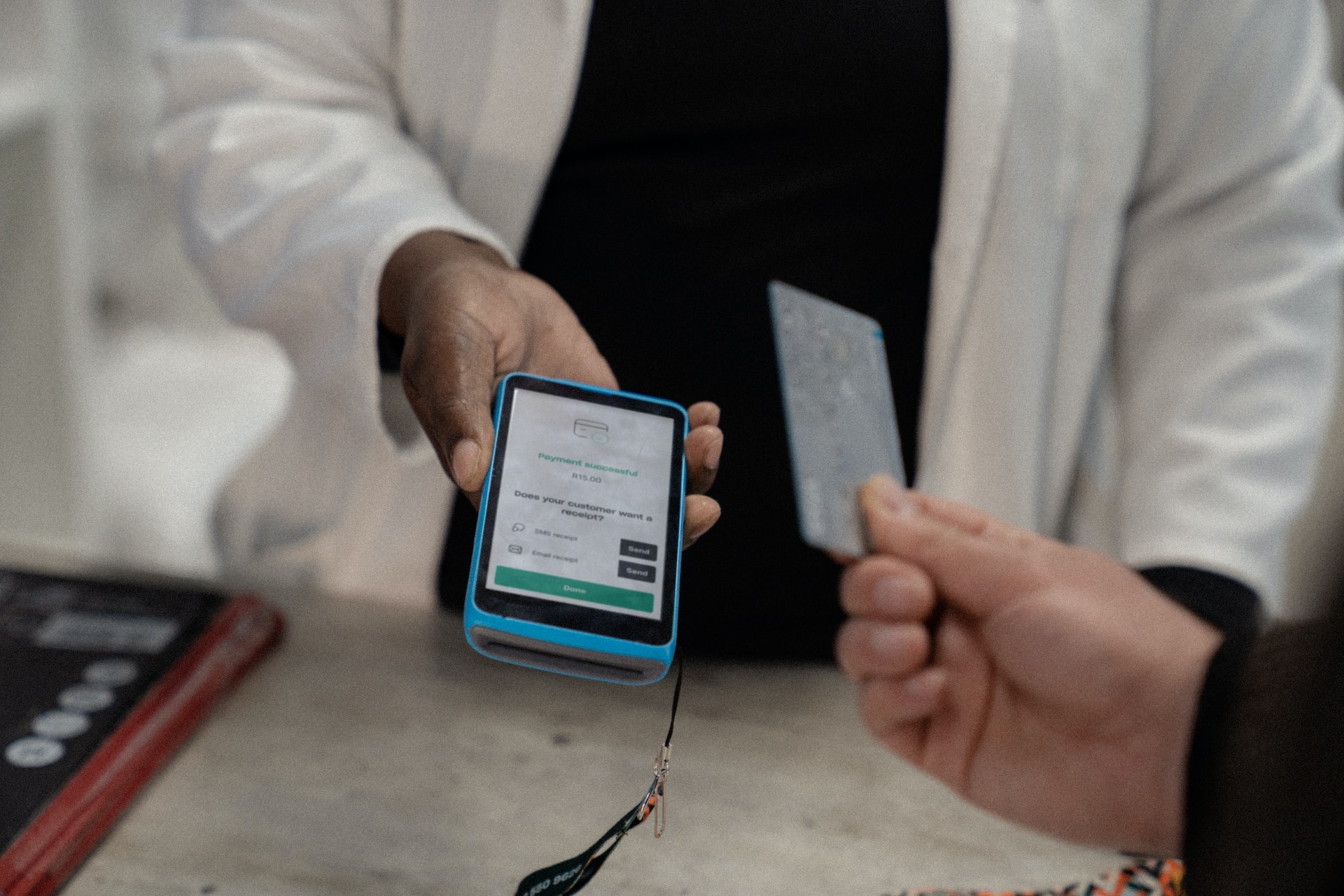The COVID-19 pandemic has had a profound impact on every aspect of people’s lives, including their financial behavior. With the economic uncertainty and financial strain caused by the pandemic, many Americans have had to adapt to new borrowing habits. This article will explore some of the borrowing habits that have emerged during the pandemic and offer suggestions for managing debt responsibly.
The article will start by examining the increased credit card usage that many Americans have turned to during the pandemic. The article will provide statistics on credit card debt and discuss the factors that have led to the surge in credit card borrowing. Additionally, the article will offer tips on how to manage credit card debt responsibly.
The article will then move on to discuss the surge in personal loans that many Americans have taken out during the pandemic. The article will define and explain what personal loans are and provide reasons for the uptick in personal loan borrowing. Additionally, the article will compare personal loans to other borrowing options and provide tips for managing personal loan debt.
The article will also discuss the rise of online lending platforms that have emerged as a popular option for borrowing during the pandemic. The article will describe what online lending platforms are and provide a balanced analysis of their advantages and disadvantages. Additionally, the article will offer guidance on how to choose an online lender and warn readers of the potential risks associated with online lending.
Another borrowing habit that the article will explore is the rise of home equity lines of credit (HELOC) during the pandemic. The article will define what a HELOC is and explain why it has become a popular borrowing option during the pandemic. The article will also discuss the potential risks of using a HELOC and provide tips on how to use it responsibly.
In conclusion, the article will summarize the borrowing habits that Americans have developed during the pandemic and offer recommendations for responsible borrowing. The article will also explore the potential long-term implications of these borrowing habits on personal finances and the economy.
Increased Credit Card Usage
Credit card usage has increased significantly during the pandemic, with many Americans turning to their credit cards to cover basic expenses. According to a recent survey by CreditCards.com, 51% of Americans have taken on credit card debt during the pandemic, with an average debt of $1,155. In addition, the Federal Reserve reported that credit card balances increased by $8 billion in November 2020, the largest monthly increase in credit card debt since 2018.
There are several factors that have contributed to the increased credit card usage during the pandemic. First, the economic uncertainty caused by the pandemic has led to job losses, reduced hours, and pay cuts for many Americans, making it difficult to cover basic expenses. Second, with many people working from home, there has been an increase in online shopping, which has led to an increase in credit card usage. Third, the stimulus payments provided by the government have also led to increased spending and borrowing.
If you find yourself with credit card debt, there are several strategies that you can use to manage it responsibly. First, try to pay off as much of the balance as possible each month to avoid accumulating high-interest charges. If you are unable to pay off the balance in full, try to make more than the minimum payment to reduce the interest charges. Second, consider transferring your balance to a card with a lower interest rate, if possible. This can help you save money on interest charges and make it easier to pay off your debt. Third, consider cutting back on unnecessary expenses to free up more money to pay off your credit card debt. Finally, consider seeking the advice of a financial advisor or credit counselor who can help you develop a personalized plan for managing your debt.
Surge in Personal Loans
Personal loans are a type of unsecured loan that can be used for a variety of purposes, such as consolidating debt, paying for home improvements, or covering unexpected expenses. Unlike secured loans, such as mortgages or car loans, personal loans are not backed by collateral, meaning that lenders rely on the borrower’s creditworthiness and ability to repay the loan.
There are several reasons why personal loan borrowing has surged during the pandemic. First, the economic uncertainty caused by the pandemic has made it difficult for many Americans to access traditional credit sources, such as banks or credit cards. Second, the rise of online lending platforms has made it easier and faster for consumers to obtain personal loans, with options like buy now pay later no credit check instant approval no money down. Third, the stimulus payments provided by the government have also led to increased spending and borrowing.
Personal loans are often compared to other types of borrowing, such as credit cards or payday loans. Compared to credit cards, personal loans may have lower interest rates and fixed repayment terms, making them easier to manage and pay off. Additionally, personal loans may be a better option for those with poor credit, as they may offer more favorable terms than payday loans. However, personal loans may also have higher interest rates than secured loans, such as mortgages or car loans, as they do not require collateral.
If you have taken out a personal loan, there are several strategies that you can use to manage the debt responsibly. First, make sure that you can afford the loan payments by creating a budget and sticking to it. Second, avoid taking out multiple personal loans at the same time, as this can lead to overborrowing and financial strain. Third, try to pay off the loan as quickly as possible to avoid accruing additional interest charges. Finally, consider seeking the advice of a financial advisor or credit counselor who can help you develop a personalized plan for managing your debt.
Rise of Online Lending Platforms
Online lending platforms are financial institutions that use technology to provide loans to consumers. These platforms typically operate entirely online and can offer loans quickly and easily. They use algorithms to determine a borrower’s creditworthiness and can often provide loan decisions within minutes. Some popular online lending platforms include LendingClub, SoFi, and Prosper.
Online lending platforms have both advantages and disadvantages for borrowers. One of the main advantages is the speed and convenience of obtaining a loan. Borrowers can apply for a loan from the comfort of their own home and receive a decision quickly. Additionally, online lending platforms may offer more flexible loan terms and lower interest rates than traditional banks. However, there are also some disadvantages to using these platforms. Online lenders may charge higher fees than traditional banks, and borrowers may be subject to prepayment penalties if they pay off their loan early. Additionally, online lending platforms may not offer the same level of customer service or support as traditional banks.
If you are considering using an online lending platform, there are several factors to consider when choosing a lender. First, look for lenders that are reputable and have a track record of providing quality loans. Check reviews and ratings from other borrowers to see how satisfied they were with their experience. Second, compare loan terms and interest rates from multiple lenders to find the best deal. Third, look for lenders that offer flexible repayment terms and do not charge prepayment penalties. Finally, make sure that the lender you choose is licensed in your state and compliant with all applicable laws and regulations.
There are some risks associated with online lending that borrowers should be aware of. One of the main risks is the potential for fraud or scams. Borrowers should be cautious of lenders that ask for upfront fees or personal information before approving a loan. Additionally, borrowers should be aware of the risks associated with sharing personal and financial information online, such as identity theft or data breaches. Finally, borrowers should be aware that online lending platforms may not be regulated in the same way as traditional banks, meaning that they may not offer the same level of protection and recourse in the event of a dispute or issue.
Conclusion
The COVID-19 pandemic has led to significant changes in financial behavior for many Americans. As discussed in this article, there has been a surge in credit card usage, personal loans, online lending platforms, and home equity lines of credit (HELOCs). These borrowing habits have emerged as a result of economic uncertainty, increased online shopping, and government stimulus payments.
While borrowing can be a useful tool for managing financial challenges, it is important to borrow responsibly. To do so, borrowers should only take on debt that they can afford to repay and should consider all borrowing options before choosing a particular lender or product. Additionally, borrowers should make sure that they understand all the terms and conditions of a loan, including interest rates, fees, and repayment terms.
The borrowing habits developed during the pandemic may have long-term implications for personal finances and the economy as a whole. For example, increased credit card usage and personal loan borrowing may lead to higher levels of debt and financial strain for individuals. Additionally, the rise of online lending platforms may change the way that people access credit and interact with financial institutions. As such, it is important for individuals and policymakers to monitor these trends and take steps to ensure that borrowing remains a responsible and sustainable financial tool.
















